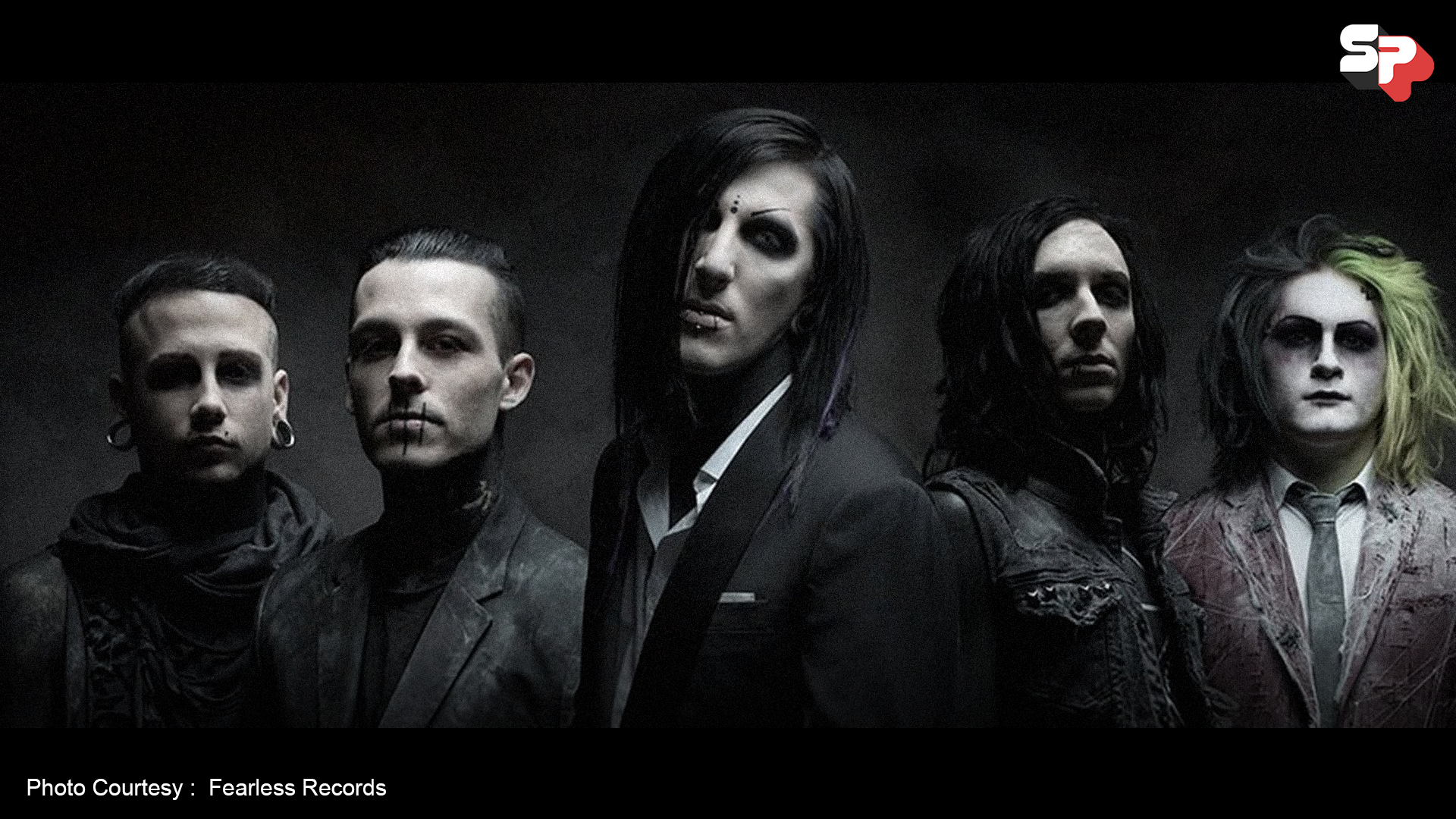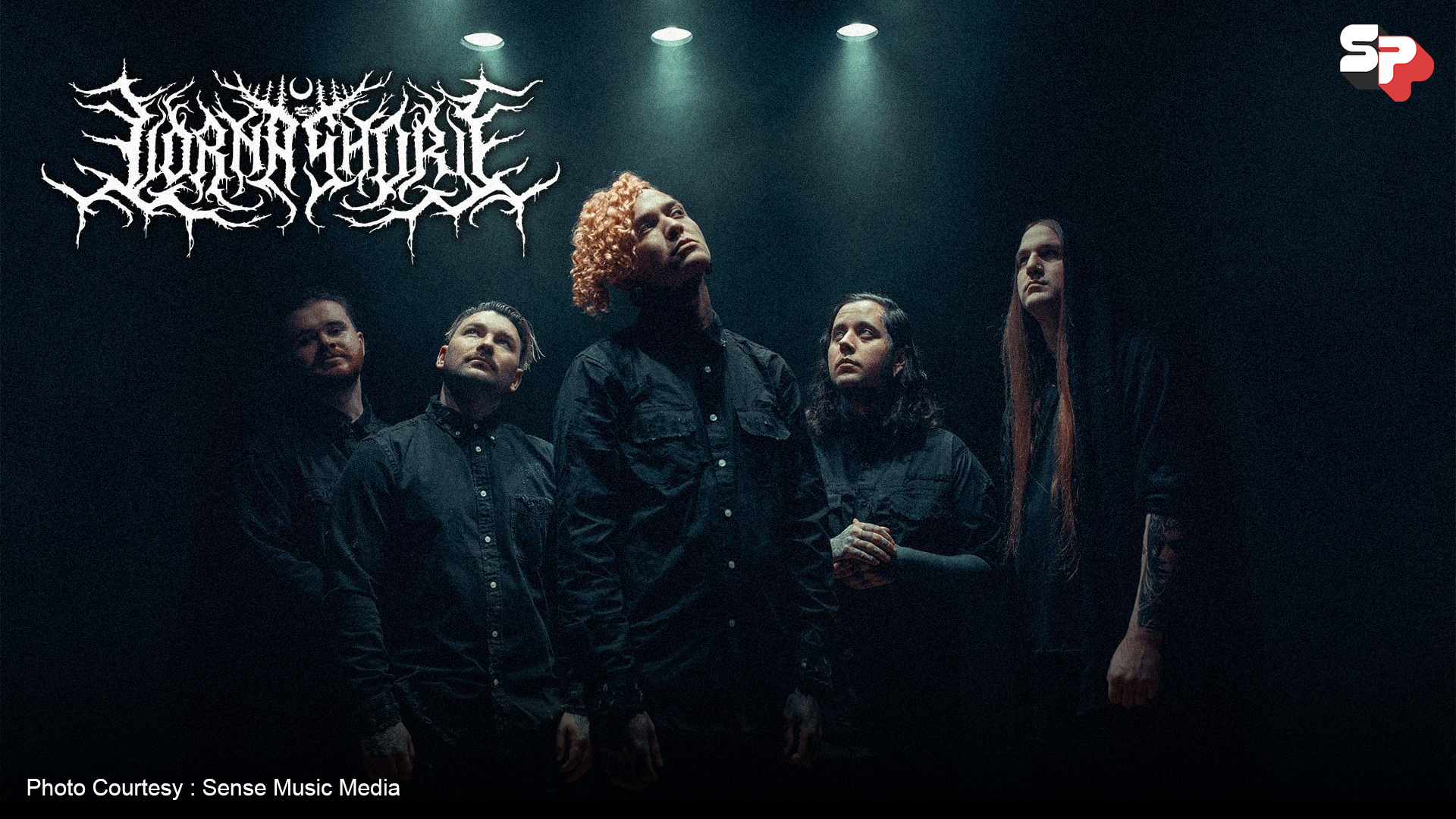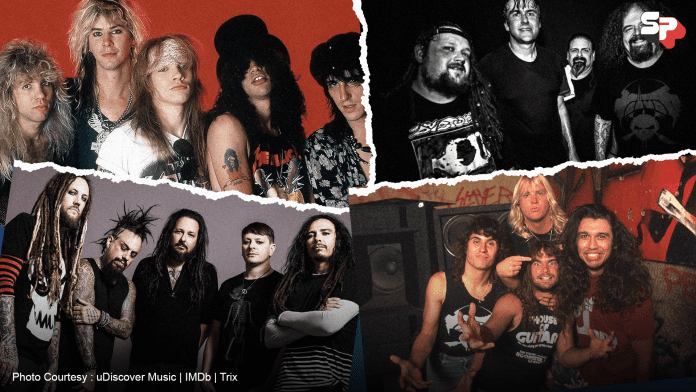By Jose Guillermo
During the darkest days of my teenage years, I was lost. The typical questions of adolescence—Who am I? and What am I here for?—weren’t just abstract thoughts. They consumed me, clouding my every decision and interaction. It wasn’t a mere phase or passing confusion, it felt like a heavy storm inside my head that would never end. Challenges came from every angle, and I was, at that time unequipped to handle them. My family wasn’t dysfunctional, but there was an emotional distance that I couldn’t bridge. At a time when I needed support the most, I felt like I was completely alone.
This imagined isolation made me vulnerable. I was drifting, dangerously close to paths that could have led me somewhere dark—somewhere that I might not have been able to come back from. Growing up in a city where it was all too easy to fall into bad crowds or destructive habits, the temptation was always there. Friends I knew from school started flirting with delinquency. And in that space, I could have easily gone down the same road. I wasn’t immune to those temptations. I wasn’t stronger than them. If anything, I was standing on the edge, ready to jump. But then, something happened. Something unexpected saved me.
 In my second year of high school, I stumbled upon metal music. It wasn’t just the discovery of a new genre—it was like I had found a lifeline. At a time when the world felt too overwhelming, metal provided an outlet for everything I was feeling but couldn’t articulate. The intensity, the rawness of the sound, allowed me to release the anger, frustration, and confusion I had been bottling up. What could have easily turned into self-destruction found another path, catharsis through music.
In my second year of high school, I stumbled upon metal music. It wasn’t just the discovery of a new genre—it was like I had found a lifeline. At a time when the world felt too overwhelming, metal provided an outlet for everything I was feeling but couldn’t articulate. The intensity, the rawness of the sound, allowed me to release the anger, frustration, and confusion I had been bottling up. What could have easily turned into self-destruction found another path, catharsis through music.
Bands like Guns N’ Roses, Metallica, and Pantera became my companions through the chaos. The heavier the music, the more I felt in control of my emotions. With each drumbeat and every scream, I found a way to purge my angst in a way that didn’t involve sabotaging my future. In a world where I felt like I didn’t belong, metal music gave me a space where I did. It was more than just sound, it became my survival mechanism.
 As I delved deeper into death metal and black metal, it wasn’t just the lyrics that captivated me, it was the energy, the release. The violent riffs and growling vocals mirrored the storm inside me. For the first time, I felt seen. Metal music didn’t just reflect my pain, it transformed it. Instead of spiraling into bad decisions, I learned to channel everything through music.
As I delved deeper into death metal and black metal, it wasn’t just the lyrics that captivated me, it was the energy, the release. The violent riffs and growling vocals mirrored the storm inside me. For the first time, I felt seen. Metal music didn’t just reflect my pain, it transformed it. Instead of spiraling into bad decisions, I learned to channel everything through music.
Metal became my therapy. Every time I pressed play, it was like opening a valve, letting out the pressure before it could cause irreparable damage. It wasn’t that the temptation to veer off into destructive behavior disappeared, but music became a healthier substitute. Instead of numbing myself with substances or getting involved in reckless behavior, I let the music carry me through the hardest days.
As I continued to grow, so did my relationship with metal. It wasn’t just an escape—it became part of my identity. While others might have turned to more socially acceptable hobbies or passions, I found solace in the heavy beats and chaotic noise. And when the storm inside finally began to settle, I realized that metal had done more than just save me from a bad path—it had helped me understand myself.
Now, as a father, husband, and professional, I still turn to metal in moments of frustration or doubt. When life gets hard—and it still does—it’s the music that grounds me. It reminds me of who I am, where I’ve been, and where I’m going. Metal saved me when I was on the brink, and I owe it my life.
For anyone struggling, feeling lost, or standing on the edge of bad decisions, remember that there are lifelines out there. For me, it was music. For you, it might be something else. But find it. And once you do, hold on to it for dear life. The world may try to push you in directions you don’t want to go, but you always have the power to find your own path. Metal taught me that. It showed me that even in the darkest moments, there’s always a way out. You just have to listen closely enough to hear it.

